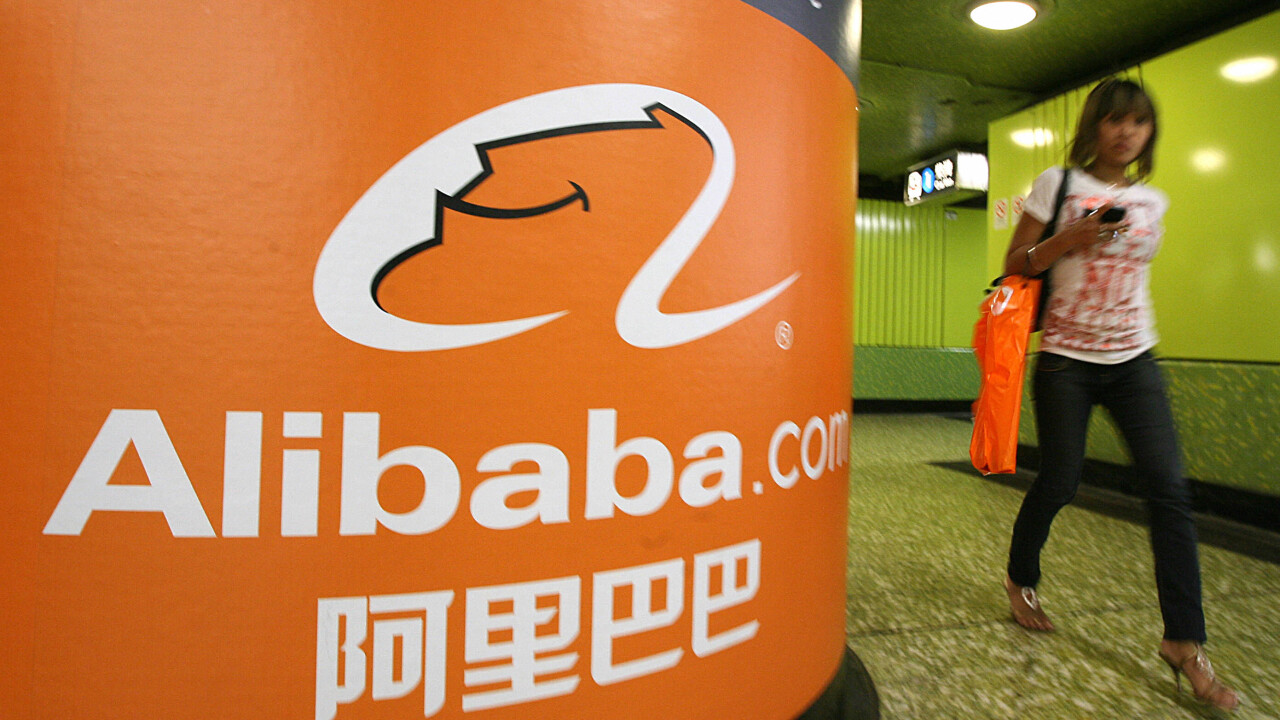
Julia Q. Zhu is Founder of Observer Solutions, a China-focused e-commerce consulting and research firm. You can reach out her via LinkedIn or email.
Global investors are eagerly awaiting the most talked about Chinese Internet IPO of all time. As one of China’s e-commerce pioneers, Alibaba has dominated all aspects of online commerce in China since its founding in 1999.
Its version of eBay, a consumer-to-consumer online shopping marketplace called Taobao, accounts for more than 90 percent of all C2C online transactions. Its online business-to-consumer shopping mall for branded products, Tmall, accounted for 50.1 percent of market share based on transaction volume in 2013.
In comparison, Amazon China accounted for less than 3 percent after 10 years of operating in China.
Does Alibaba’s IPO mean that the Chinese e-commerce giant will conquer the US e-tailing market, challenging established players like Amazon and eBay?
It’s very unlikely. On the contrary – instead of posing an immediate threat to online retailing in the US, Alibaba’s IPO could potentially benefit brands and e-tailers in North America.
Less of a threat than you may think
Indeed, Alibaba has very real international expansion plans. For example, Alibaba Group operates Alibaba.com an online trading site focused on international B2B sourcing and wholesale. In addition, its AliExpress website allows international visitors to buy products directly from Chinese vendors, and is a new competitor for eBay.
However, none of these divisions are part of Alibaba’s core businesses. Furthermore, selling to consumers in the US market is far from its strength.
Alibaba’s core assets, Taobao and Tmall, monopolize online shopping in China – but winning e-commerce in North America requires a very different approach. Alibaba needs to understand local consumers, characteristics of the retail sector along with resources of adjacent supporting industries such as payment processing and logistics.
This is the same reason why Amazon cannot compete with Alibaba in China. In fact, Alibaba’s major focus is the Chinese market. This focus will not change any time soon after its IPO.
New opportunities to access Chinese consumers
Alibaba’s international appetite is actually getting more access to popular Western brands, especially high-end and luxury brands, given the huge unmet demand among millions of Chinese consumers for products that are not yet available in China.
Its IPO in the US could be part of this international blueprint, as all the speculation and news around the potential biggest-ever technology IPO gives Alibaba tremendous media exposure and recognition to the business community in the US.
On the other hand, US retailers and brands who are looking for market access to Chinese shoppers could also potentially benefit from this. Alibaba has approximately 500 million registered users, including 60 million daily visitors on its Taobao marketplace by June 2013. The company now is eager to open its extensive user base to Western brands to cash in by meeting their hunger for overseas brands.
In addition to attracting Western brands to its domestic platforms like Tmall, Alibaba recently launched a new site – Tmall International – which exclusively targets brands and merchants outside China and allows them to sell directly to Chinese online shoppers from their home counties.
Alibaba’s IPO could also benefit US brands that are concerned about online counterfeit products and intellectual property issues. At the moment, many US brands that have tried to do e-commerce in China will admit to facing great challenges from counterfeiters and individual sellers that are usually selling fake products on its Taobao platform. As Alibaba goes public in the US, the company will inevitably need to deal with the regulations regarding intellectual property protection and meet a higher standard in the US..
Alibaba’s IPO will undoubtedly go down in history as one of the most talked about listing of a Chinese Internet company overseas. However, it does not mean that American retailers are at risk of losing market share to the Chinese e-commerce giant.
Instead, new opportunities are emerging for Western brands to gain greater access to Chinese consumers, providing them new channels to fulfill the voracious appetites of China’s emerging middle class.
At its current rates, Alibaba will continue to dominate all aspects of e-commerce in China for many years to come; however, American consumers will not be switching from eBay to Taobao any time soon.
Get the TNW newsletter
Get the most important tech news in your inbox each week.




